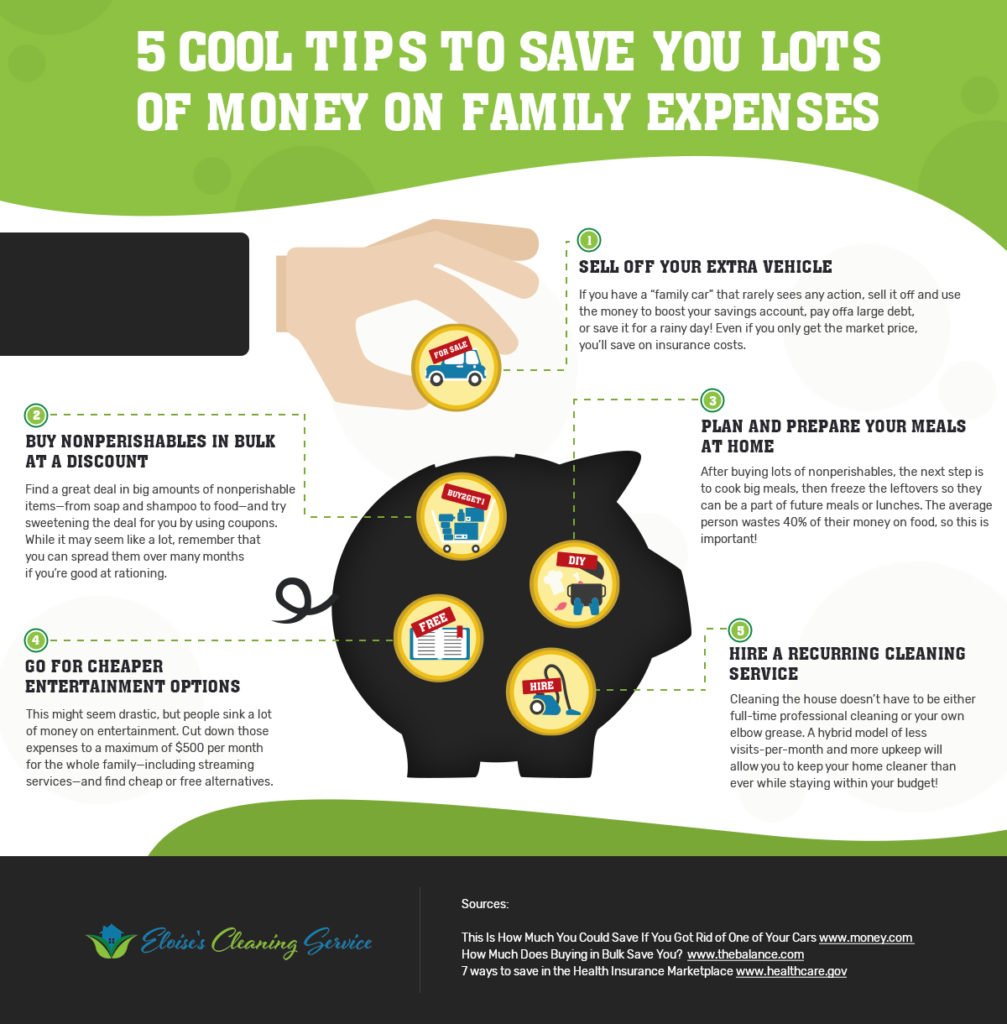Looking to avoid common car financing mistakes? You’ve come to the right place! When it comes to purchasing a car and securing the right financing, it’s essential to be well-informed and make smart choices. After all, a car is a significant investment, and navigating the financing process can be overwhelming. But fear not! In this article, we will provide you with a comprehensive guide on tips for avoiding common car financing mistakes. Whether you’re a first-time buyer or looking to upgrade your vehicle, these tips will help you make informed decisions and save money in the long run. So let’s dive in and explore the world of car financing together!
Tips for Avoiding Common Car Financing Mistakes
Introduction
Car financing can be an overwhelming process, but with the right knowledge and preparation, you can avoid common mistakes that can cost you money and lead to unnecessary headaches. Whether you’re a first-time car buyer or someone looking to upgrade their vehicle, it’s crucial to be well-informed and make smart decisions when it comes to financing. In this article, we will provide you with valuable tips to help you navigate the car financing process successfully.
1. Understand Your Credit Score
Your credit score plays a significant role in determining the interest rate you’ll receive on your car loan. It reflects your creditworthiness and indicates to lenders how likely you are to repay your debt. To avoid potential financing mistakes, take the time to review and understand your credit score before applying for a car loan. If your credit score is low, consider taking steps to improve it before seeking financing options.
- Obtain a free copy of your credit report from a reputable credit reporting agency.
- Check for any errors or inaccuracies in your report and dispute them if necessary.
- Pay off outstanding debts and make sure your bills are paid on time to improve your credit score.
2. Set a Realistic Budget
Before you start shopping for a car, it’s crucial to determine how much you can afford to spend on car payments each month. Setting a realistic budget will help you avoid overextending yourself financially.
- Analyze your monthly income and expenses to identify how much you can comfortably allocate towards car payments.
- Consider other ownership costs such as insurance, maintenance, and fuel expenses when setting your budget.
- Remember to factor in down payment options and trade-in value if you plan to use them.
3. Research and Compare Loan Options
Not all car loans are created equal, so it’s essential to research and compare different loan options available to you. This will help you find the most favorable terms and conditions that suit your financial situation.
- Shop around for different lenders, including banks, credit unions, and online financial institutions.
- Compare interest rates, loan terms, and any additional fees or penalties.
- Consider pre-approved financing options, as they can provide you with negotiating power and a clear understanding of your borrowing capacity.
4. Pay Attention to Loan Term Length
The loan term length determines how long you’ll be making monthly car payments. While longer-term loans may seem attractive because of lower monthly payments, they can cost you more in interest over time.
- Avoid extending your loan term beyond what is necessary to afford the monthly payments.
- Shorter loan terms typically have higher monthly payments but can save you money on interest.
- Consider your financial goals and choose a loan term that aligns with your plans.
5. Avoid Unnecessary Add-Ons
When purchasing a car, there are often additional add-ons and services offered by dealerships. While some may be valuable, many are unnecessary and can significantly increase your total loan amount.
- Research and evaluate each add-on offered, considering whether it’s a genuine need or just an extra expense.
- Be cautious of extended warranties, maintenance packages, and other add-ons that can be more cost-effective if purchased separately or skipped altogether.
- Calculate the total cost of the add-ons and determine if it fits within your budget.
6. Beware of Yo-Yo Financing
Yo-yo financing, also known as spot delivery, occurs when a dealer allows a buyer to drive the car off the lot before the financing paperwork is finalized. The dealer may later inform the buyer that the initial financing fell through and offer alternative, less favorable terms.
- Read and review all financing documents before signing anything.
- If the financing terms significantly change after driving the car off the lot, consider seeking financing options from other lenders.
- Be cautious of pressure tactics used by dealers to rush you into signing documents.
7. Read the Fine Print
Understanding the terms and conditions of your car financing agreement is crucial to avoid any surprises down the road. Take the time to read and comprehend all the fine print before signing any documents.
- Pay attention to interest rates, fees, penalties, and any additional charges mentioned in the agreement.
- Seek clarification on any terms or conditions you don’t understand.
- Be sure to review the consequences of late payments or defaulting on the loan.
8. Get Professional Advice
If you’re unsure about any aspect of car financing or feel overwhelmed by the process, it’s always a good idea to seek professional advice.
- Consult with a trusted financial advisor or a credit counselor who specializes in car financing.
- They can provide personalized guidance based on your financial situation and help you make informed decisions.
- Ask questions and address any concerns you may have to ensure you’re on the right track.
Avoiding common car financing mistakes is essential for a smooth and financially sound car-buying experience. By understanding your credit score, setting a realistic budget, researching loan options, paying attention to loan terms, avoiding unnecessary add-ons, being cautious of yo-yo financing, reading the fine print, and seeking professional advice when needed, you can make confident and informed decisions. Remember, the car financing process doesn’t have to be intimidating if you take the time to educate yourself and stay proactive. Happy car shopping!
5 Car Financing Mistakes To Avoid
Frequently Asked Questions
Tips for Avoiding Common Car Financing Mistakes – Frequently Asked Questions (FAQs)
1. What factors should I consider before applying for car financing?
Before applying for car financing, it is important to consider your budget, credit score, interest rates, loan terms, and any additional fees involved.
2. How can I determine the monthly payment I can afford?
To determine the monthly payment you can afford, calculate your monthly income, expenses, and other financial obligations. Consider leaving some room for unexpected expenses or emergencies.
3. Should I opt for a short-term or long-term car loan?
The decision between a short-term or long-term car loan depends on your financial situation and preferences. Short-term loans often have higher monthly payments but lower overall interest paid, while long-term loans offer lower monthly payments but higher interest paid over time.
4. What should I do before signing a car financing contract?
Before signing a car financing contract, thoroughly review the terms and conditions, interest rates, repayment terms, and any additional fees. Compare offers from different lenders and ask any questions you may have.
5. Can I negotiate the interest rate on my car loan?
Yes, negotiating the interest rate on your car loan is possible. Research the current interest rates, improve your credit score, and consider pre-approval from multiple lenders to increase your negotiating power.
6. Is it necessary to make a down payment for a car loan?
Making a down payment is not always necessary for a car loan, but it can lower your monthly payments and reduce the overall amount borrowed. It can also help you secure a better interest rate and shorten the loan term.
7. What are the common car financing mistakes to avoid?
Common car financing mistakes to avoid include not considering your budget, failing to shop around for the best interest rates, skipping the fine print, taking on a loan with high monthly payments, and not understanding the total cost of the loan.
8. Can I refinance my car loan if I find better terms later?
Yes, if you find better terms for your car loan, you can refinance. Refinancing allows you to replace your existing loan with a new one that offers better interest rates or loan terms, potentially saving you money in the long run.
Final Thoughts
Avoiding common car financing mistakes is crucial when it comes to securing the best deal and preventing financial difficulties down the road. Start by thoroughly researching your options and understanding the terms and conditions of the loan. Always negotiate the price of the car separately from the financing terms to ensure transparency. Additionally, be mindful of the total cost of the loan, including interest rates and any additional fees. Keep track of your credit score and take steps to improve it if necessary to secure better financing terms. By following these tips for avoiding common car financing mistakes, you can make a well-informed decision and save yourself from potential financial burdens in the future.


